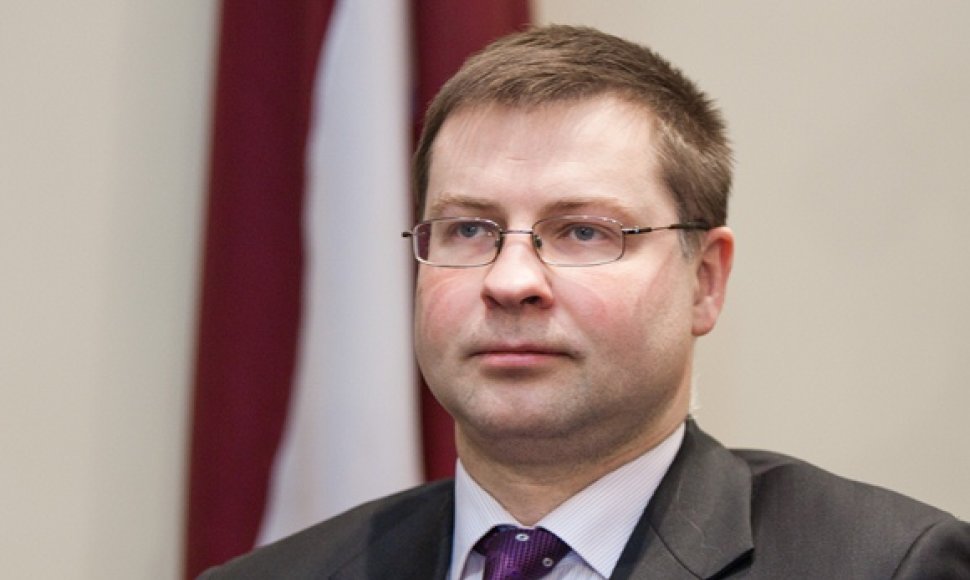"We are certainly concerned by the change of opinion in the Lithuanian government, since, in fact, it was agreed. It was not suggested by Estonia, but it was agreed by all three Baltic prime ministers, if I'm not mistaken, in November 2011 in Tallinn that we were going to set up a joint venture to be headquartered in Riga," Dombrovskis told BNS in Brussels.
"So, it was agreed by all three countries and now [Lithuania is] trying to revise the agreements, which we see as a cause of concern for us," he said.
The prime minister said that Latvia is inclined to stick to existing agreements and establish a joint venture.
"We certainly prefer to stick to the existing agreement. Of course, we are ready to look into this [Lithuanian] proposal, but as a basis, we stick to the existing proposal," he said.
The Latvian prime minister says that Lithuania's proposal to relocate the company from Latvia to Lithuania is not being considered, because the location has been already agreed on. He adds that any future profits of the company will be shared among its shareholders.
"The company location has been agreed and I would like to stick with this. But it's quite clear that the company will make a profit - I do not expect it any time soon - given the huge investment, it has to. And also there have to be [profit] sharing agreements between shareholders," he said.
Dombrovskis does not agree with Lithuania's position that setting up an EEIG would be cheaper than a joint venture.
"We do not entirely share this analysis. As I said, we are willing to look into this, but we are concerned that agreements we have reached are reopened," he said.
Lithuanian Transport Minister Rimantas Sinkevičius says that a joint venture of the Baltic counties would be expensive and that it would take time to establish it. He says that an EEIG would be a much faster and cheaper option.
Deputy Transport Minister Saulius Girdauskas said earlier this month that Lithuania would agree to a joint venture if it were headquartered in Lithuania.
Lithuania in mid-June asked the European Commission to evaluate the EEIG model it proposes for building the Rail Baltica 2 line, which would link Poland to Finland via Lithuania, Latvia, and Estonia.
Transport Minister Sinkevičius has said on more than one occasion that Estonia and Latvia are very interested in the construction of a trans-European line because they do not have European-standard railways.












